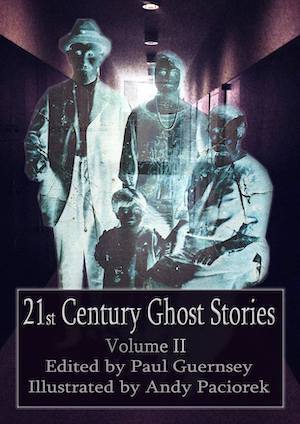
Stephen King. Photo:: Pinguino K
King: Don’t Kill Your Story With Too Much Background
We see this a lot in ghost stories, horror stories, and other supernatural tales: The writer has imagined an entire, strange world, and sets out to detail it in its entirety. The problem is, the story then often gets bogged down in background, and rather than getting swept up in the actions of the characters, readers must plow through paragraph after paragraph of history, explanation, and elaborate description. After a while they could be forgiven for thinking they’ve picked up a textbook by accident. . . .
It’s much better to keep your story moving. No matter how much in love you are with the crazy world you’ve created, resist the temptation to tell us all about it. instead, supply only as much context as is necessary for the reader to understand what is happening in your story. Author Ernest Hemingway was a master at this—at least in his earlier short fiction. His technique was to pare away background and context until the reader was left to infer many of the motives behind his characters’ words and deeds. The trick is to supply just enough background to make these inferences possible. . . .
Concerning background that is a result of all the admirable research you’ve done in order to craft a believable story, Stephen King, in his book On Writing, tells us, “What you need to remember is that there’s a difference between lecturing about what you know and using it to enrich the story. The latter is good. The former is not.”
King adds that research belongs “as far in the background and the back story as you can get it.”
Back to the writing tips page.

